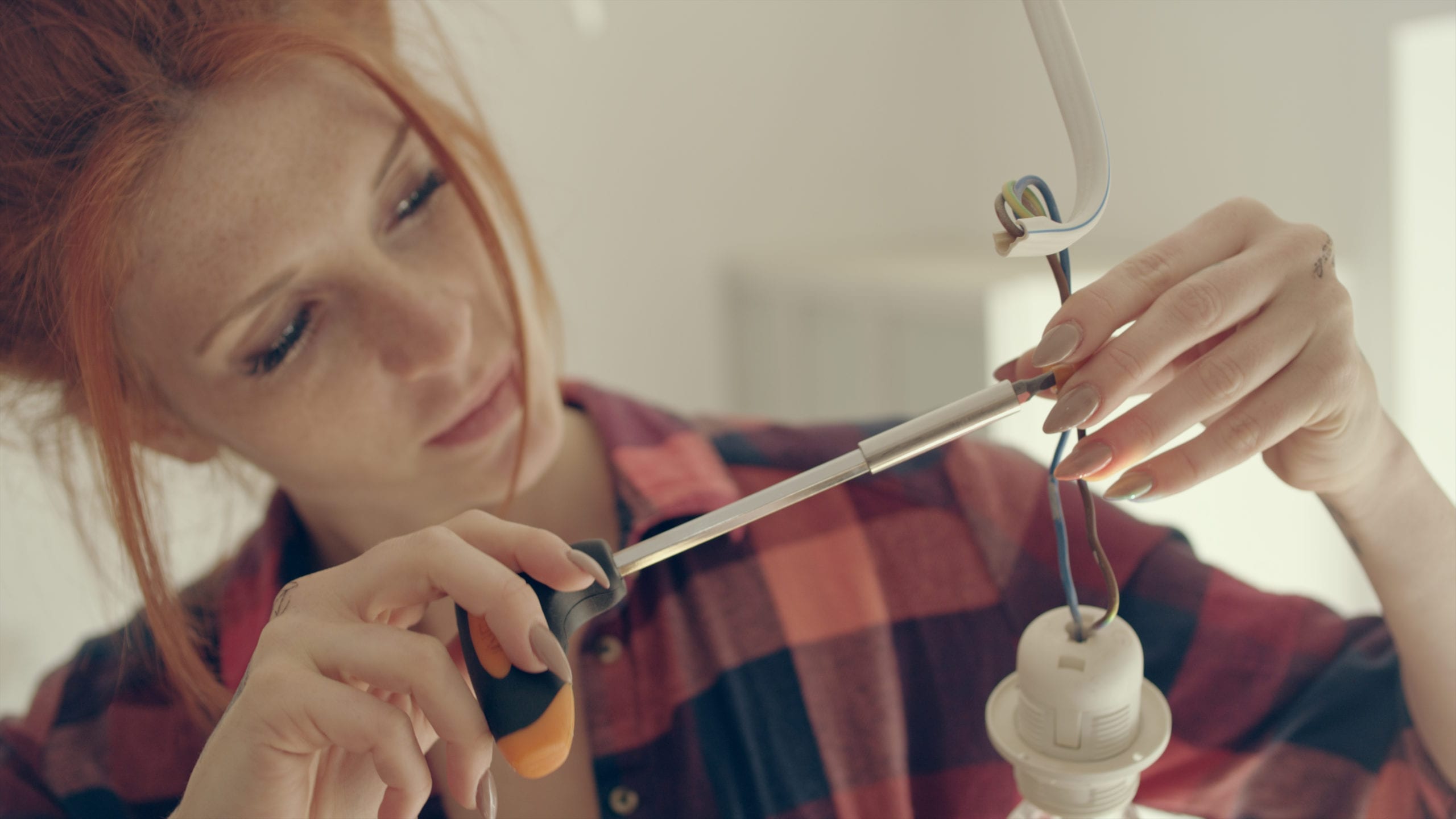
Whether you are an everyday handyman or an experienced professional electrical contractor, working on electrical projects around the home can offer challenges. Here are five things that tend to go wrong on do-it-yourself electrical projects, and how you can avoid them.
Wire Length
The majority of home electrical jobs are going to involve some sort of wiring, and that is where plenty of mistakes start. One of the most common problems that people have is cutting their wires too short. Having extra wire to work with is always a good idea, especially if you are connecting to a junction box. Always err on the side of having longer wires, which can help in the long run. If you do find yourself dealing with a short wire, you can always splice on an extension, but it is easiest to avoid the problem altogether.
Insulation
Having properly insulated wires is one of the easiest ways to avoid electrical accidents. Always make sure that you are using wires with proper insulation and be careful to secure any exposed wires. You should also be careful not to mix-and-match wires of different gauges on the same job. Adding conduit after you have finished a wiring project is also an important way to keep your cables insulated.
Unsupported Outlets
Anytime that you are dealing with electrical outlets, support should be one of your first concerns for safety. Make sure that all outlets are properly spaced and aligned, and have appropriate support from within their housing. This will reduce the chance of any fraying wires or fire hazards.
Electrical Connections
Tasks around the house like connecting new lights to existing wiring are some of the most common do-it-yourself jobs. One of the easiest mistakes to make in cases like this is to simply connect wires and be done with it, without adding an electrical box. These plastic cases, also known as junction boxes, are one of the most obvious differences between the work of professional electricians and home contractors. Always make your connections inside a secure box.
Know Your Wires
You may not think you are making a mistake by connecting a hot wire to a neutral terminal, but this is a common way to cause a shock. Whenever you are connecting a new outlet terminal, make sure that you know which terminals are neutral and which will carry current. Be sure not to attach wires to the wrong terminal, which can damage outlets and potentially cause harm.
To summarize, electrical work is dangerous. And we encourage you to contact us for the peace of mind knowing your electrical is properly installed around your home. If you have a major construction or home-improvement project coming up in the future, please fill in this form for a FREE estimate: https://piperelectric.com/contact/
